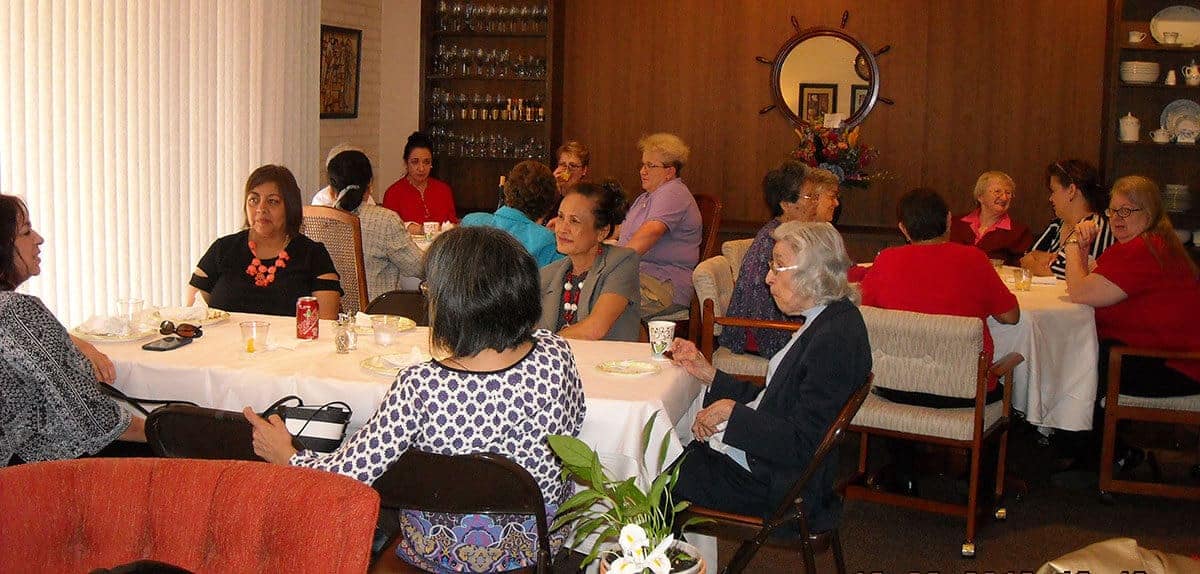There are tribal rituals, such as the Yurupari tribal ritual in the Amazon Rainforest, in which men take the strength, the color, the skin and the capabilities of what is represented in the mask they wear. Previously, they prepare their hearts and themselves to try to understand this other being and transform themselves into this “other being”, which in this case, is their ancestor.
This ancient idea of opening the heart to try to understand “others” could be a good exercise before Christmas, accepting Jesus’ invitation to recognize His Divine Presence in others.
However, we know that it is not easy to be empathic with those who have ideologies and values that are opposite to ours or that manifest a marked hostility against us. If we look over the history of humanity, we can identify a constant succession of wars and divisions caused by our convictions that we are right. This certainty makes it impossible for us to take the place of other people.
The Great Wall of China, the towers and the doors of Babylon, the Roman Limes (borders) or the stone walls of the Incas, give testimony of the desire we have to entrench ourselves with those we consider “our people”. Fortunately (and as the journalist and historian Ryszard Kapuscinski, said in 2007), the whole planet also has vestiges of markets, harbors, main squares, sanctuaries and places where people gathered and exchanged ideas, created alliances, shared values and worked for common objectives showing a deep union, cooperation and solidarity.
Now-a-days, we should be faithful to the teachings of Jesus in order to avoid differences and labels: we are all neighbors, regardless of our nationality, our creed or our socio-economic condition. Let us avoid falling in the traps we run into day by day when our convictions make us feel that we are superior to others. We should remember that tall people and small people, vegans and meat-eaters, cultured people and ignorant people, are just characteristics that are like points placed on the continuous line in which we all live as members of humanity.
We should also avoid the temptation of being right and criticizing errors. Instead of that, we should practice the love without limits that Jesus taught us, expressing our generosity, empathy and solidarity. Let us follow His example and let us go out and meet “others” so that, as Kapuscinski states, “we may discover in ourselves that part of others, which in spite of being very small, is also part of ourselves.”









0 Comments